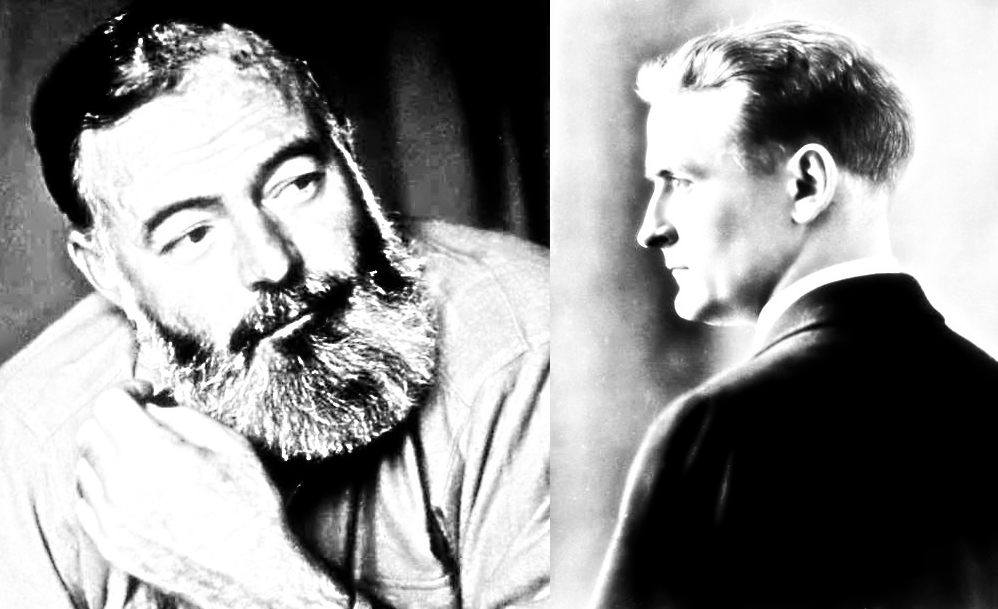The Book List are mini-posts about books I have on my shelf (or digital shelf) that I have yet to read.
Today we are looking at a book that I have been meaning to get around to reading, especially because it is a Newberry Medal winner, titled The Island of the Blue Dolphins by Scott O’Dell.
Summary
The Island of the Blue Dolphins is about Karana (Won-a-pa-lei), a Nicoleno girl who lives alone on an island off the coast of California. Karan is left abandoned to the island after her tribe engages in a battle with Russian fur hunters. Karana takes to her new life by adapting to the island without her tribe while battling feral dogs. The story revolves around her struggles and her reticence to be rescued.
Book blurb
From the book: “In the Pacific there is an island that looks like a big fish sunning itself in the sea. Around it, blue dolphins swim, otters play, and sea elephants and sea birds abound. Once, Indians also lived on the island. And when they left and sailed to the east, one young girl was left behind. — This is the story of Karana, the Indian girl who lived alone for years on the Island of the Blue Dolphins. Year after year, she watched one season pass into another and waited for a ship to take her away. But while she waited, she kept herself alive by building shelter, making weapons, finding food, and fighting her enemies, the wild dogs. It is not only an unusual adventure of survival, but also a tale of natural beauty and personal discovery.”
Critical response
The novel is praised by most critics and reviewers and is a Newberry Medal-Winning classic (along with a Hans Christian Andersen Medal). On Goodreads the novel has 108,363 five-star reviews, with reviewers praising its lessons in survival and its ability to be reread on any occasion. One reviewer wrote: “Karana’s remarkable story is not to be missed. A story that is enjoyable for adults as it is for older children!”
However, the book also has 10,168 one-star reviews, with reviewers stating that the book relies on stereotypes of Indigenous Americans. Additionally, reviewers have pointed out the “two-dimensional” characters and that the reader should see far more growth in the main character over 18 years of being left alone on an island.
Impressions
Negative reviews aside, I had a recent thought about The Catcher in the Rye as a book that I still can not really get behind, even though I read it precisely when I should have read it as a young person. I may be a phony, but I can see how the appeal of this book has waned in the new era of social understanding. However, I love a good story, and I love a good survival story. On the blog, I have looked at a few novels about survival that stand as great testaments to children’s literature (and books that have affected me as an adult).
I think I will give this book a read at some point to just take in the multimodal accompaniment that this book has created, from movies to critical response in print.
Works cited
O’Dell, Scott. The Island of the Blue Dolphins. Dell Publishing. 1960. Print.








Leave a Reply